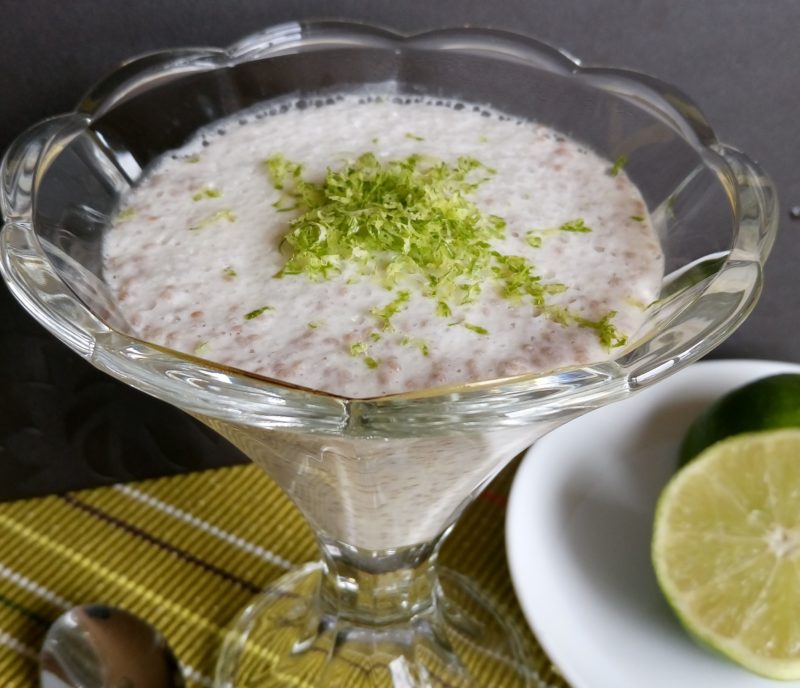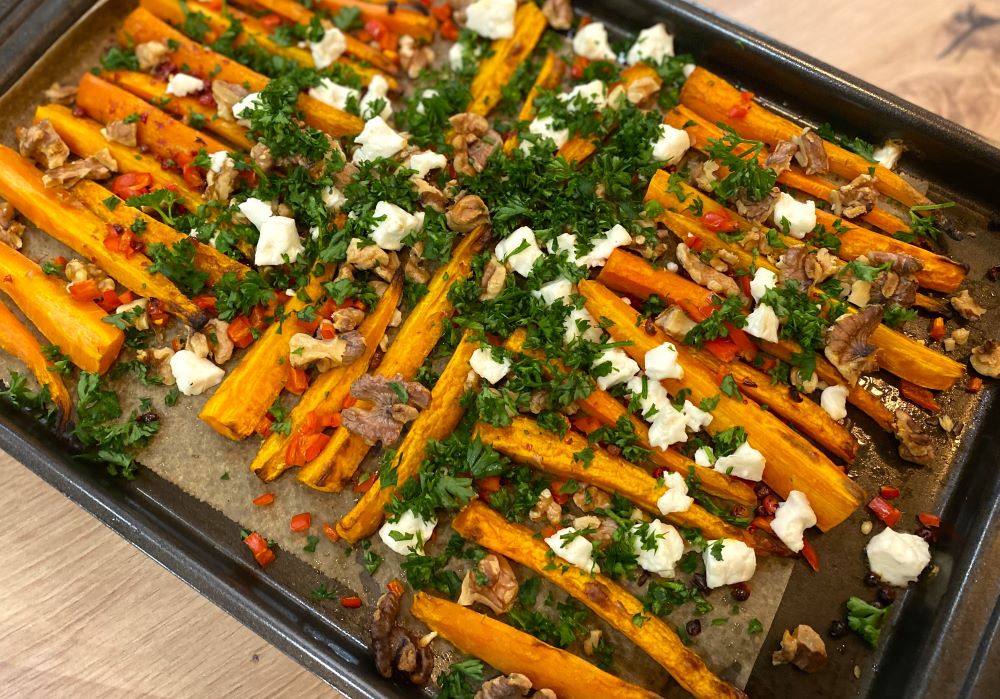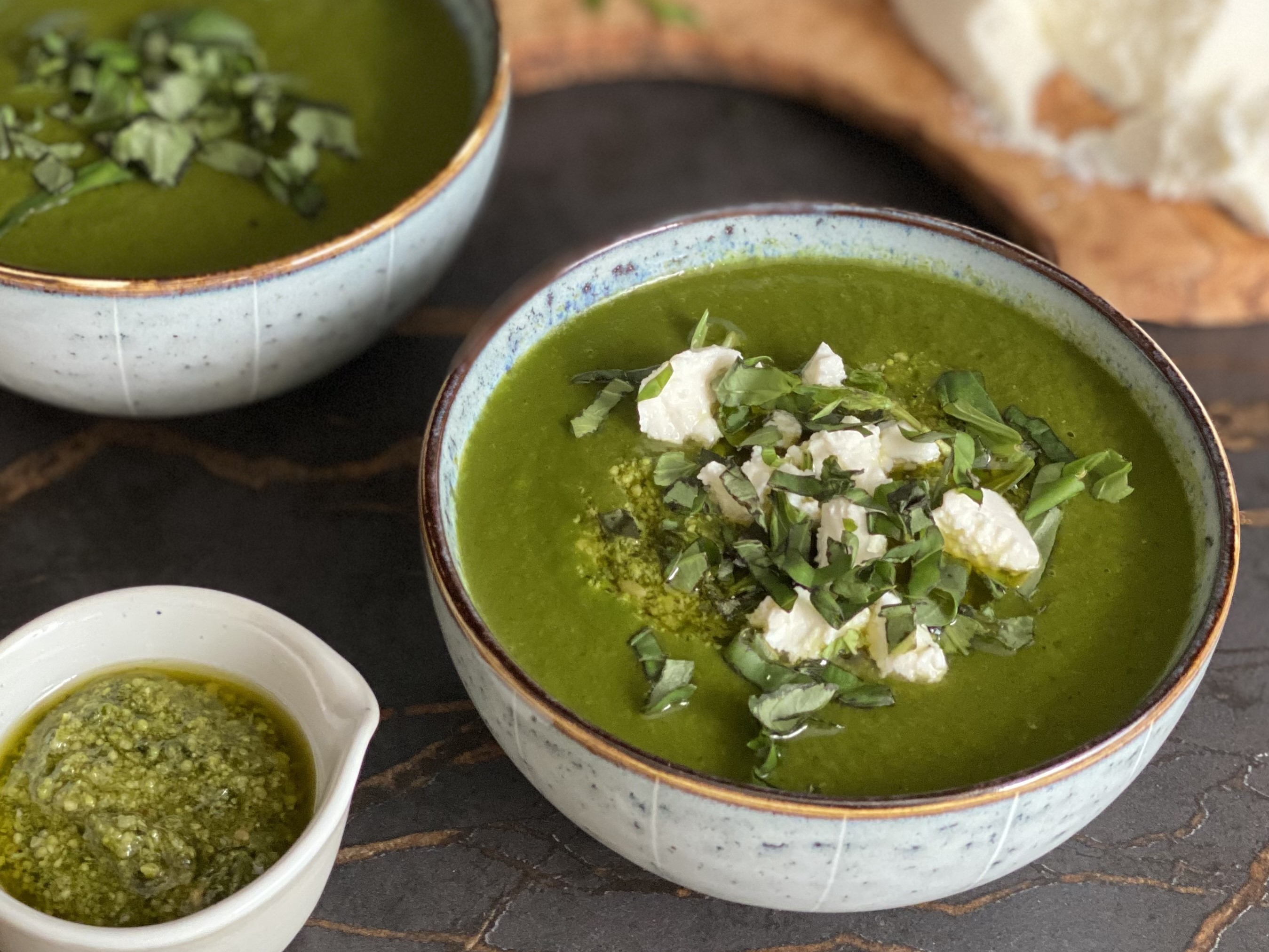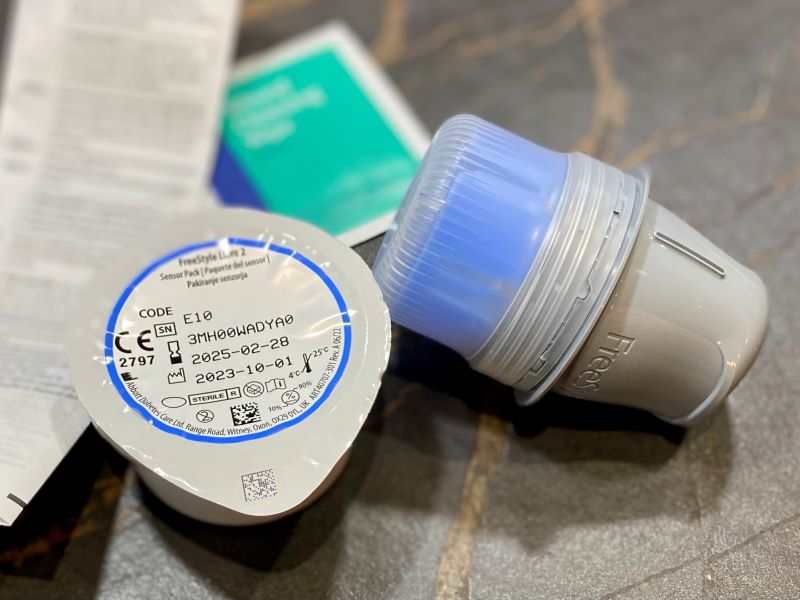In the past year I’ve introduced many clients to the nutritious breakfast dish – chia seed pudding. After initial uncertainty, most have been pleasantly surprised that these tiny seeds can provide a delicious and satisfying meal.
Their cost may seem off-putting but, as less than 30 grams is required to prepare a breakfast portion, they are actually not so expensive, especially when you consider how much a box of organic muesli will set you back! But is it worth making the effort to introduce them to your diet? In my opinion, yes, but below I’ve provided an overview of their nutritional highlights so you can make your own mind up!
Omega-3 Fatty Acids – Chia seeds are native to South America and have been a staple amongst Mayan and Aztec populations for centuries; they are rich in polyunsaturated fats, especially omega3, which can help reduce inflammation, improve cognitive performance and help to heal a range of skin conditions. Many studies have also shown that omega 3 can play a role in reducing high cholesterol.
Fibre – Fibre is associated with reducing inflammation, lowering cholesterol and regulating bowel function. Chia seeds are an excellent source of fibre, with 2 tablespoons providing one-third of the daily recommended intake (RDI) of fibre.
Antioxidants – Chia seeds are rich in antioxidants that help protect the body from free radicals, ageing and cancer. The high antioxidant profile also helps them have a long shelf life. They last for up to two years without refrigeration.
Minerals – Two tablespoons of chia seeds contain 18% of the RDI for calcium, 35% for phosphorus, 24% for magnesium and about 50% for manganese. These nutrients can help to reduce hypertension and are important for energy metabolism.
Satiety – Chia seed pudding is satisfying but will not leave you feeling too full, which helps lower food cravings between meals. The combination of protein, fibre and fat mean that chia seeds can also help with blood sugar regulation.
Gluten-Free – Chia seeds contain no gluten, therefore, all of the nutritional benefits of chia seeds can be obtained on a gluten-free diet.







